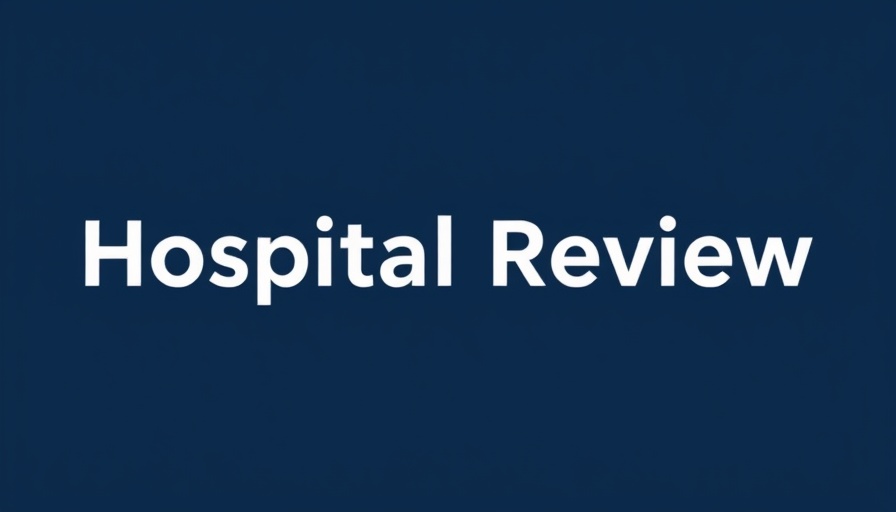
The Ongoing Drug Shortage Crisis: What You Need to Know
In the ever-evolving landscape of healthcare, awareness of drug shortages has become more crucial than ever. Recently, a list was released highlighting ten significant shortages affecting our medical practices, particularly impacting independent and community pharmacists, as well as healthcare providers. The discontinuation of critical medications can have far-reaching effects on patient care and treatment plans.
Understanding the Current Drug Shortages
According to the recent findings, among the notable drugs facing shortages are:
- Cholestyramine Powder: This medication, essential for lowering cholesterol levels, has been discontinued by Upsher-Smith Laboratories due to a business decision.
- Conjugated Estrogens Injection: Pfizer's Premarin 25mg, used for hormone replacement, is in short supply primarily due to manufacturing delays.
- Imatinib Acetate Tablets: Critical for treating various cancers, shortages from manufacturers such as Teva Pharmaceuticals are expected to impact access to this life-saving medication significantly.
- Oxybutynin Chloride Tablets: The company Upsher-Smith has also chosen to discontinue this drug used for managing overactive bladder conditions.
- Phenytoin Oral Suspension: Shortages of this anticonvulsant used to prevent seizures have been reported by Mylan and Sun Pharma, leaving patients in a lurch.
These findings highlight significant concerns about accessibility for frontline health providers. The complexities behind these shortages can lead to disruptions in medical treatment pathways and overall patient health.
The Ripple Effects of Drug Shortages
For independent physicians and medical providers, the impact of such drug shortages extends beyond just inventory management. There's a need for innovative approaches to maintain patient care continuity and address urgent healthcare compliance issues. Practices could explore alternative therapeutic options or engage in proactive communication with their patients about potential changes in their prescribed medications.
Strategies for Managing Drug Shortages Effectively
1. Pharmacy Profitability: To maintain financial health, independent pharmacies can consider implementing pharmacy automation tools that streamline workflows and minimize the impact of shortages on operations.
2. Healthcare Compliance: Staying compliant in the face of drug shortages is crucial for avoiding penalties—especially given the increasing scrutiny on prescription practices.
3. Patient Engagement Tools: Utilizing modern technology solutions such as telehealth and voice AI agents can enhance communication with patients, keeping them informed about their treatment options during shortages.
The Value of Proactive Planning
As healthcare providers, it is essential to prepare for these supply chain disruptions not only to ensure patient well-being but also to safeguard practice revenue. Understanding Medicare reimbursement processes related to alternative treatments can help practices adapt faster.
A Call to Action: Engage and Prepare
As you navigate the complexities of current drug shortages and seek solutions, why not consider incorporating practice automation and patient engagement strategies? Engaging with patients transparently about shortages can enhance trust and understanding, ultimately leading to better health outcomes. The health of your practice and your patients depends on proactive management today.
 Add Row
Add Row  Add
Add 




 Add Row
Add Row  Add
Add 

Write A Comment